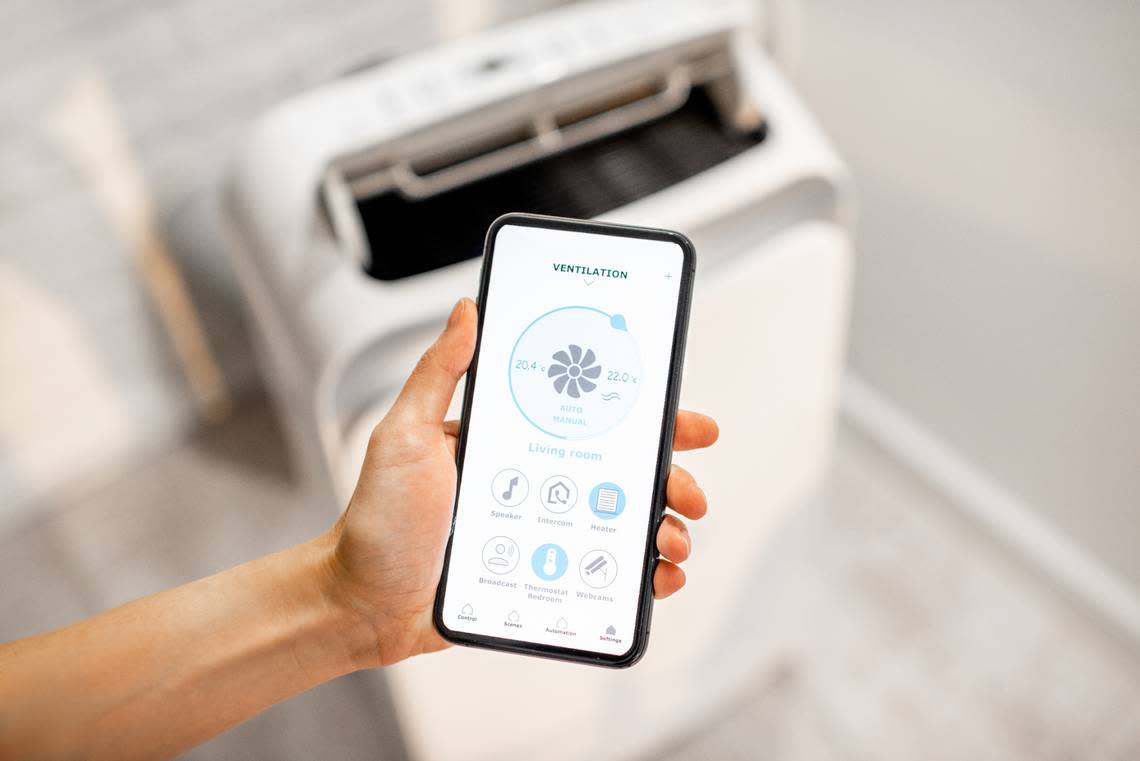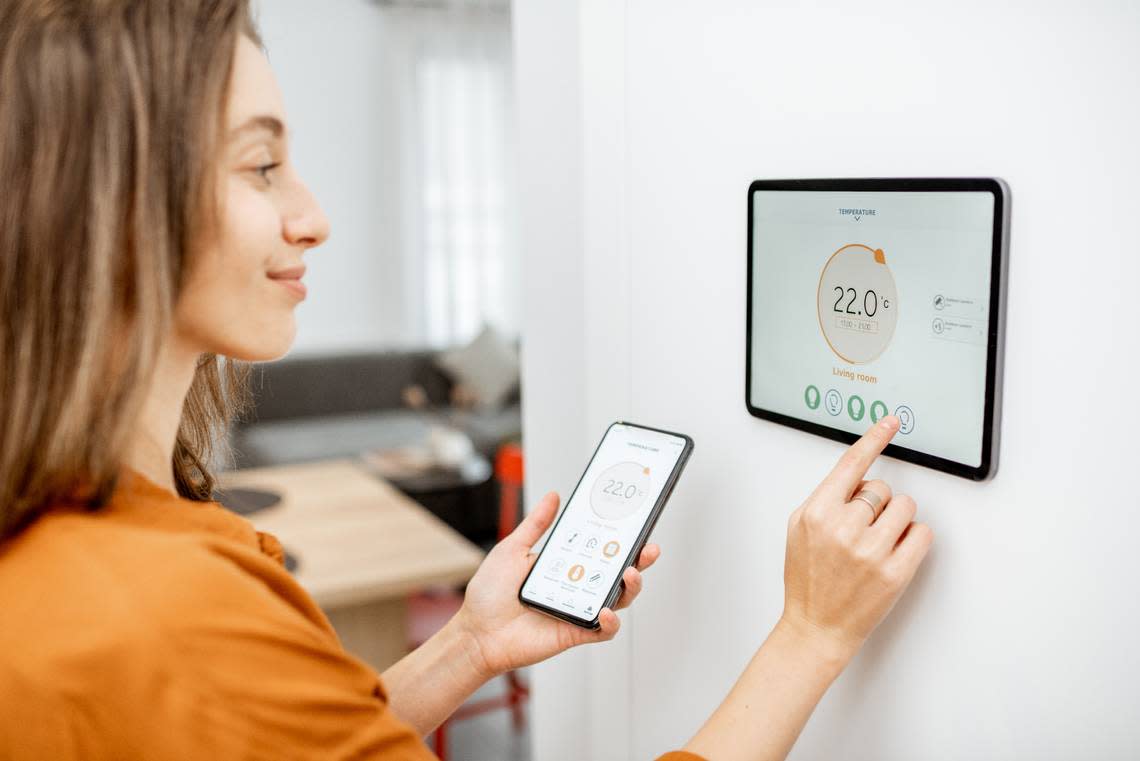Best HVAC Systems 2024: Energy Efficiency and Cost Savings
SPONSORED CONTENT is content paid for by a partner. McClatchy's Commerce Content team, which is independent from our newsroom, oversees this content.
As global warming escalates, the importance of energy-efficient cooling and heating systems becomes more apparent. Innovations in HVAC technology are at the forefront of the environmental sustainability movement, offering new levels of energy efficiency and improved indoor air quality. These advancements are not only pivotal for combating climate change but also for enhancing the comfort and health of homeowners in Miami and across the globe. This article delves into the latest innovations that are setting new standards in the HVAC industry.
Emerging Technologies
The HVAC industry has seen significant technological transformations aimed at improving system efficiency and environmental friendliness. Key advancements include:
Smart HVAC Systems: These systems integrate seamlessly with home automation networks, allowing for real-time adjustments based on environmental conditions and user preferences. This ‘intelligent’ climate control significantly reduces energy consumption while maintaining optimal comfort levels.
Eco-Friendly Refrigerants: Modern systems now utilize refrigerants that have a much lower global warming potential (GWP), minimizing the environmental impact. These substances are crucial in the industry’s shift towards more sustainable practices.
Efficient Designs: New models boast improvements in heat exchange efficiency and reduced energy losses. They are designed to operate more quietly and efficiently, thereby extending the lifespan of the system and decreasing routine maintenance needs.

Practical Benefits
The adoption of innovative technologies in HVAC systems offers numerous practical benefits that extend beyond simple utility savings. These include:
Cost Efficiency: Advanced HVAC systems are more energy-efficient, which significantly lowers electricity bills. Automated adjustments and smart thermostats avoid unnecessary energy use, making these systems economically beneficial in the long run.
Enhanced Comfort: With the ability to maintain consistent indoor temperatures and reduce humidity, these systems offer a level of comfort that traditional models cannot match. Air quality is also drastically improved, which is beneficial for individuals with respiratory issues.
Environmental Impact: By utilizing eco-friendly refrigerants and reducing overall energy consumption, modern HVAC systems play a significant part in environmental conservation efforts, helping to mitigate the homeowner’s carbon footprint.

Expert Insights and Future Trends
The HVAC industry continues to embrace cutting-edge technologies to enhance system efficiency and sustainability. Randy Roberts from Rheem Manufacturing highlights the significance of electrification and decarbonization, “As markets move towards electrification, the adoption of heat pumps has surged, not just for their efficiency but also for their dual-fuel capabilities which offer significant energy savings and reduced carbon footprints.”
Latest Innovations
Recent research and market analysis have identified several cutting-edge innovations in HVAC technology that are shaping the industry:
Thermal Energy Storage: An exciting development in HVAC technology is the use of thermal energy storage systems, which are designed to reduce energy costs and peak load demand. These systems store thermal energy during off-peak hours (typically at night) and release it during peak hours to maintain indoor climate conditions at a lower operational cost.
Geothermal Heat Pumps: These systems utilize the constant temperature of the earth to boost efficiency and reduce the operational costs of heating and cooling systems. Geothermal solutions are sustainable and can decrease electricity use by up to 50% compared to conventional systems.
Solar HVAC Systems: Integrating solar power with HVAC systems to run residential and commercial units can dramatically cut energy consumption and harness a renewable resource. These systems use solar panels to collect and convert solar energy to power the HVAC units, providing a green solution to energy needs.
Demand Controlled Ventilation (DCV): This technology uses sensors to detect the number of occupants in a room and adjusts the ventilation accordingly. It ensures adequate indoor air quality and is particularly effective in commercial buildings where occupancy can vary significantly.
UV-C Disinfection: To improve indoor air quality further, HVAC systems equipped with UV-C lights can neutralize airborne pathogens and allergens, enhancing the health benefits of modern HVAC systems.
These innovations not only highlight the rapid advancements in HVAC technology but also underscore the industry’s commitment to sustainability and efficiency. As these technologies evolve, they are expected to become more integrated with smart home systems, providing users with unprecedented control.
Lee Hermitage from Honeywell International Inc. points out the efficiency of heat pumps, “For every kilowatt of power used, heat pumps provide three to five times the amount of heating or cooling, making them incredibly efficient and environmentally friendly compared to traditional systems.”
According to Garrett Wilson of HVAC Insider, advancements such as AI and IoT are set to revolutionize the HVAC industry by improving operational efficiency and customer service, “Artificial intelligence and the Internet of Things are not just futuristic concepts but are being implemented today to automate operations and enhance system responsiveness.”
